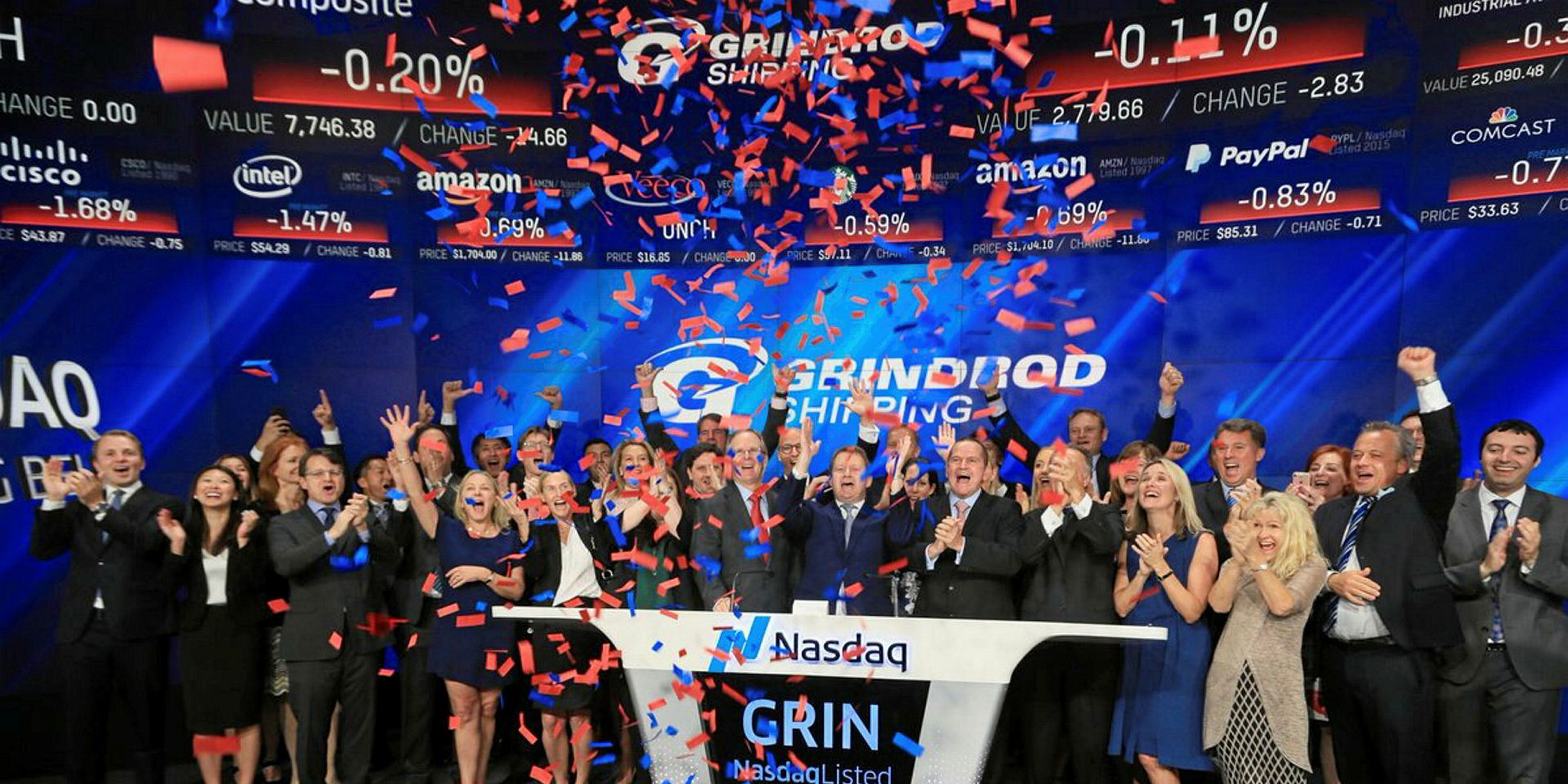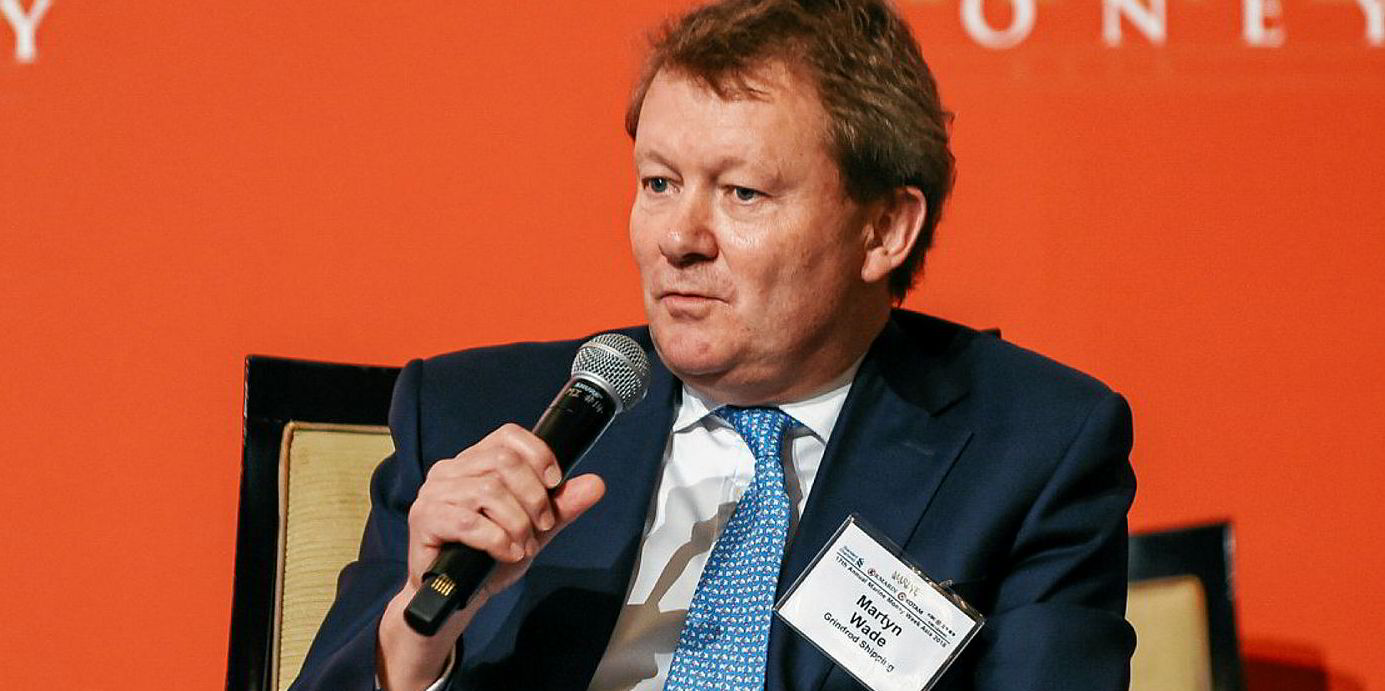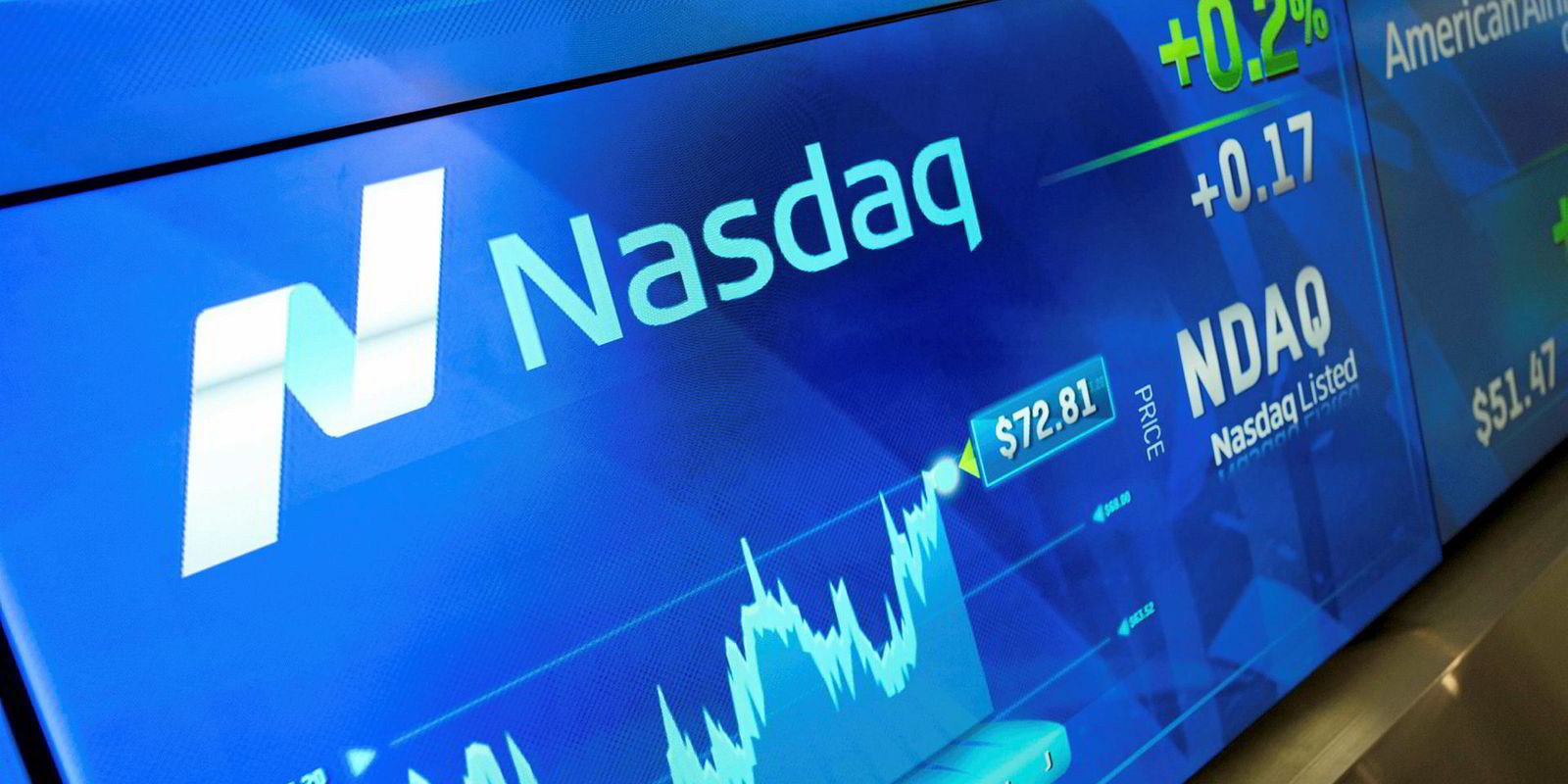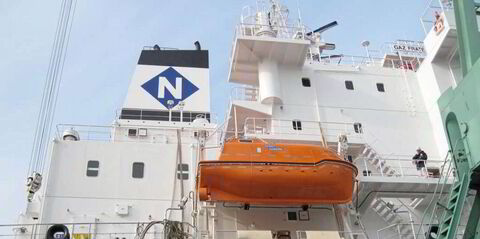Grindrod Shipping chief executive Martyn Wade looked relaxed in Singapore last week, despite the shipowner’s rough start to life as a US-listed company.
In response to a question on the poor performance of the South African bulker and tanker owner’s share price since its $320m June listing on the Nasdaq under the ticker symbol “GRIN”, he replied: “Welcome to the capital markets.”
The shares, which were $16.80 at the time of listing and reached a high of $20.50 shortly afterwards, were trading at $7.85 this week.
“We knew from day one there were going to be issues with potential forced sellers amongst the shareholders, because we have several large positions that were invested in Grindrod because of emerging markets and Africa infrastructure,” Wade said at Marine Money Asia.
“We basically came to the market at net asset value. Since then, our share price has halved.”
He said the history of shipping companies having initial public offerings has “not been particularly good”. Combine that with the US-China trade war, and investors have “better options” to invest in.

“Shipping is a long-term game and I think investors have to realise that we are making decisions for many years going forward,” he added. “We can’t just change our policy on a quarterly basis.”
Wade said the company would remain in the dry and tanker markets for the foreseeable future because that gives it a hedge.
“But as far as the New York markets are concerned, people prefer a more pure play. But we have always been in both, and at the end of the day we like being in both,” he told the audience.
As to whether the markets will dictate down the line that Grindrod should specialise in one sector, he said: “I think that will be made clear in the next 12 months. We see potential in both [tankers and bulkers] and are quite excited by IMO 2020. I think it’s a game-changer. We’ve only just listed. We’re comfortable where we are.”
On Grindrod’s strategy for meeting the 2020 sulphur regulations, he said: “I don’t quite understand scrubbers. Instead of putting it into the air, we are pumping it into the sea and everyone says that’s harmless, but I don’t quite get that.
“Clearly, shipping needs to clean up, but surely that’s got to be done through cleaner fuels. On a big ship running at full speed with a scrubber, the CO2 emissions are staggering.”
Wade also suspects that the spread between the bunker prices will narrow “quite dramatically”.
“I find it hard to believe that American oil companies have been sitting doing nothing for the last few years. Whatever happens, it’s a massive game-changer for literally every sector. And I think slow steaming is the way to go.”





